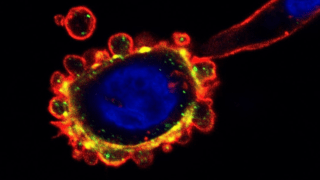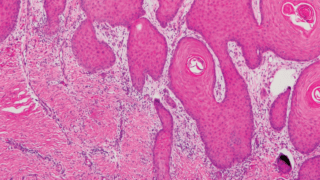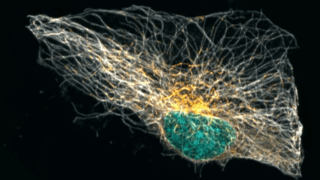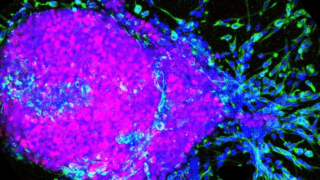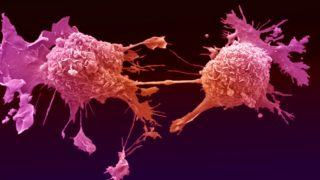Category: Publications
Search News
Categories
Archives
New study suggests promising approach for treating pancreatic cancer
18th October 2023
Researchers have pinpointed the cells that drive the spread of pancreatic cancer and revealed a weakness in these cells that could be targeted using existing cancer drugs.
Read moreNew tool predicts risk of skin cancer spread more accurately than human inspection
12th October 2023
These results could aid the treatment of individuals most at risk of aggressive skin cancer.
Read moreHow cancer cells shapeshift to spread through the body
23rd August 2023
Researchers show how cancer cells rearrange their inner workings to squeeze between obstacles
Read moreUnexpected inhibitor of breast cancer invasion revealed
28th July 2023
The findings could help us to distinguish who will benefit from treatment
Read moreVideo: Illuminating the city of cells inside cancer
6th July 2023
A new technique produces stunning, nebula-like images of tumours that provide crucial insights into cancer, how it behaves and how our immune cells attempt to fight it.
Read moreNew insight into how a faulty protein drives lung cancer gives clues to why some therapies fail
15th June 2023
The findings could help explain why cancer drugs that target the molecule MET work for some people but not others.
Read more
